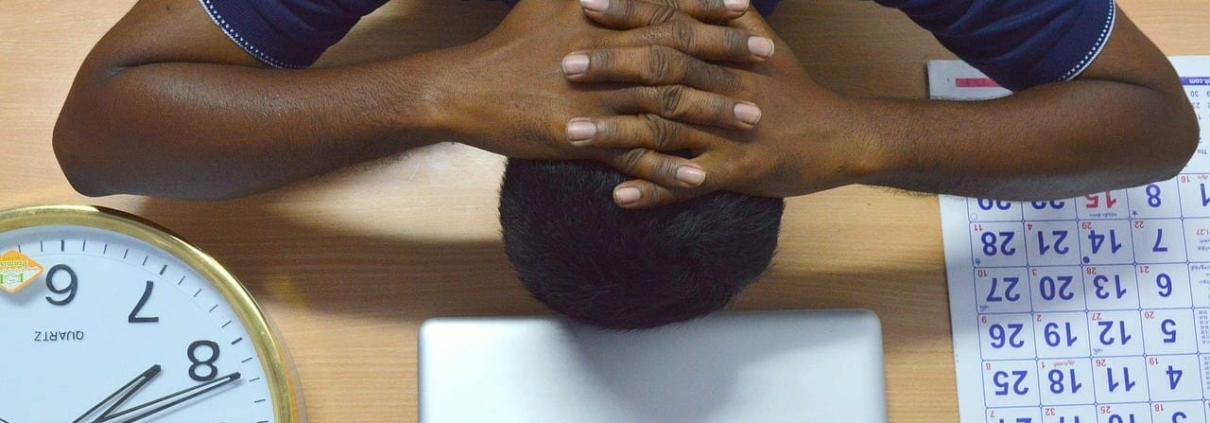How to Avoid Becoming Depressed Despite Seeing Many of the Minor Signs of the Hour?
Hanafi Fiqh
Answered by Ustadh Salman Younas
Question: I came across a hadith in which it is stated that the Muslim community will be destroyed before 1500AH, which corresponds with the year 2079. Seeing that many of the minor signs of the Hour have already arrived, how do we go about our daily business without becoming depressed about the world ending?
Answer: assalamu alaykum
The knowledge of the hour belongs to God. This is clearly affirmed in the Qur’an when God says, “People ask you concerning the Hour. Say, ‘Knowledge of it is only with God.'” (33:63)
As for traditions that specify the Hour and when it will arise, they are all baseless. Ibn Kathir said, “It has not be established in any tradition from the Prophet that he specified when the Hour would arise.” [al-Nihaya fi al-Fitan (1:25)] A similar statement was made by al-Sakhawi, namely that all such traditions were either baseless or their chains were not established. [Maqasid al-Hasana (444)]
Indeed, attempts to figure out when the Hour will be established was undertaken by a number of scholars in the past and some of the estimates, such as the ummah only lasting 500 years have been proven untrue. The specified time of 1500 was a similar attempt by scholars, such as Imam al-Suyuti who has an entire treatise on the issue. However, much of it is based on a degree of speculation and not any clear evidence.
As such, there is no need for you to be restless. Even if we were to assume the Hour was around the corner, there is no guarantee that any one of us would actually live to witness it. Death is always potentially something that can reach us at any time. We should remember this and instead of becoming depressed utilize our time to prepare for the next-life.
Wassalam,
[Ustadh] Salman Younas
Checked and approved by Shaykh Faraz Rabbani
Ustadh Salman Younas graduated from Stony Brook University with a degree in Political Science and Religious Studies. After studying the Islamic sciences online and with local scholars in New York, Ustadh Salman moved to Amman. There he studies Islamic law, legal methodology, belief, hadith methodology, logic, Arabic, and tafsir.
